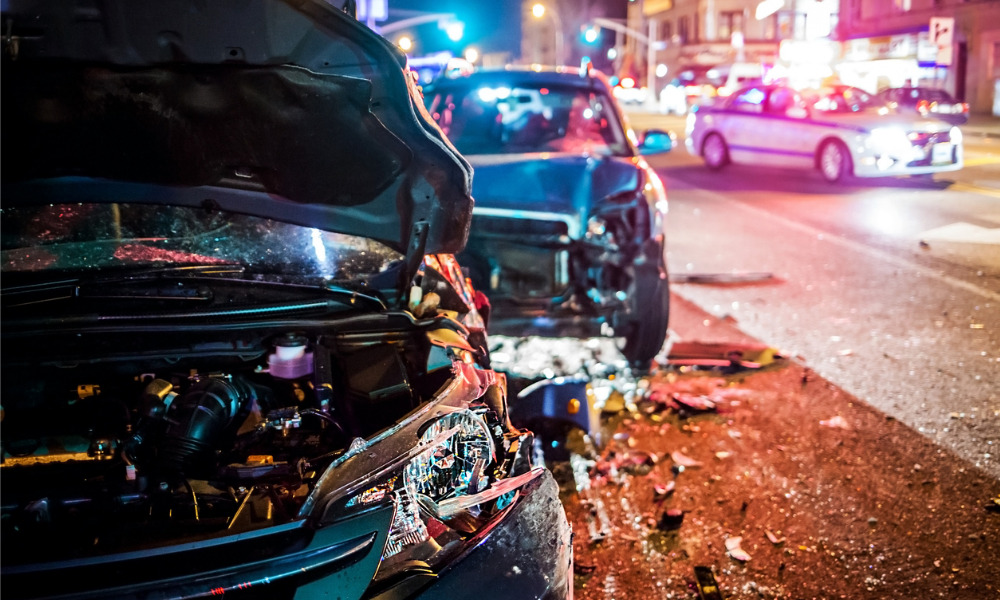
Injuries either failed the causation test or not serious in nature

Even after the jury awarded $40,000 in non-pecuniary general damages, the Ontario Superior Court of Justice has granted a threshold motion and found that the defendant was not entitled to such damages because the permanent disabilities alleged were either not caused by the accident or were not serious in nature.
In Girao v. Cunningham, 2021 ONSC, Yolanda Girao, acting on her own behalf, claimed to have sustained three main injuries resulting from a motor vehicle accident that occurred in 2002 – whiplash injuries to her neck, back and shoulder; tempo mandibular joint (TMJ) dysfunction, as well as depression, anxiety and post-traumatic-stress disorder. At the conclusion of trial and while the jury was deliberating, Lynn Cunningham, through her counsel Todd McCarthy, brought a threshold motion for the dismissal of Girao’s claims for non-pecuniary loss. She said that Girao failed to prove permanent serious impairment because of the accident. The jury had awarded $40,000 in non-pecuniary general damages before the court decided on the motion.
The court agreed with Cunningham.
The applicable threshold to a claim for non-pecuniary damages requires the claimant to prove that injuries arose “directly or indirectly” from the use of the automobile resulting in permanent physical, mental or psychological impairment, said the court.
To establish such a causal connection, the court used the “but for” test, where the claimant must prove on a balance of probabilities that the injuries would not have occurred, but for the negligent operation of the automobile.
Applying the causation test, the court ruled out the TMJ dysfunction and the depression, anxiety and PTSD. According to expert testimony, if the TMJ dysfunction had been caused by the accident, symptoms should have appeared closer to the time of the accident, instead of four months later. Girao’s medical records also revealed an underlying dental deformity which was the likely cause of the TMJ dysfunction.
The Court also found evidence that showed Girao had a “significant pre-accident history of depression, anxiety and PTSD.” Further, Girao’s expert witnesses did not have the complete pre-accident records, which included a “diagnosis of major depression with psychotic symptoms in partial remission” roughly nine months prior to the accident, said the court.
As for Girao’s neck injury, the Court found that it was a whiplash grade II caused by the motor vehicle accident and was permanent. But the Court was not satisfied that such impairment was serious.
“To be serious the impairment must substantially interfere with most of her usual activities of daily living,” said the Court. But based on the evidence presented, the Court found that the major contributor to Girao’s inability to perform her usual activities was not the neck injury but her depression and anxiety that dominated her whole life. While her diagnosis of whiplash grade II resulted in stiffness and loss of movement, it would not reasonably interfere with her ability to work or perform normal activities, said the expert witness.
Thus, the Court ruled that Cunningham is not liable for damages for non-pecuniary loss and dismissed Girao’s claim for non-pecuniary general damages.